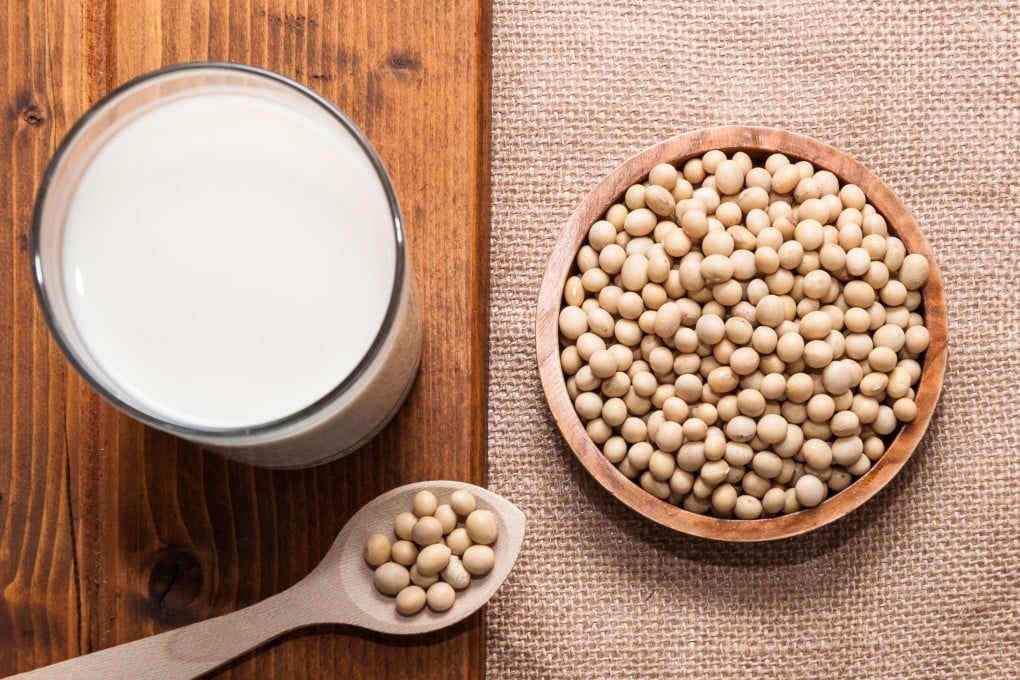Is soy good or bad for health? From tofu to Impossible Burgers, common concerns addressed
- Soy products are becoming increasingly popular as more consumers seek alternatives to meat, but their acceptance has led to increased scrutiny
- We examine three areas: the effects of plant oestrogen, growing herbicide use and the nutritional value of ‘future foods’

The humble soybean has been consumed by humans for thousands of years, with evidence of soybean domestication dating as far back as prehistoric China.
Because they are high in protein, soy products have become a staple in the diet of vegans, vegetarians and communities that typically lack diverse protein sources. They are also high in nutrients including fibre, iron, magnesium, potassium, protein and zinc, and according to some scientists, may help lower the risk of heart disease.
In the West, large-scale consumption of soy did not begin until the 20th century and most consumers have had little exposure to the food. Now, the emergence of a variety of new foodstuffs, such as Impossible Foods’ soy-based burgers, has led to increased scrutiny regarding the possible effects of soy on humans. We examine some of the questions being asked.
Plant oestrogen effects
“The health effects of soy and its individual constituents are among the most controversial issues in clinical nutrition,” says Tej BG, a naturopath and clinical nutritionist at the Integrated Medicine Institute in Hong Kong.
Concerns, he says, are mostly based on the presence of isoflavones – a type of plant oestrogen – in soy products, in particular the effect that plant oestrogen may have on people with hormone-sensitive cancers.
A compilation of studies by Harvard University’s T.H. Chan School of Public Health, however, states that soy consumption could be potentially beneficial for breast cancer sufferers, as plant oestrogens may block the action of oestrogen – which encourages cancer cell growth – in some tissues and in some people.
